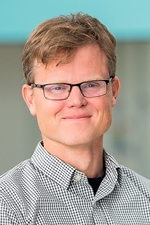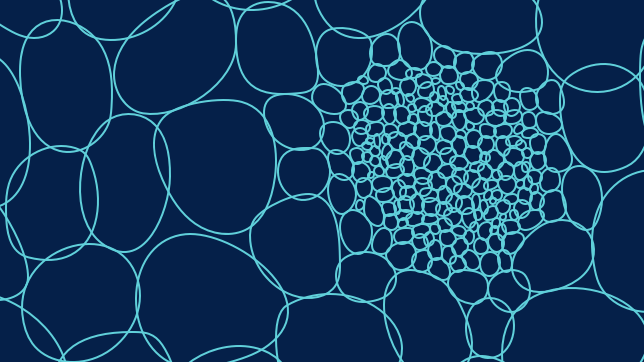Larson Research Group Website (UCSF): http://www.radiology.ucsf.edu/research/labs/larson
Posts on X pezlarson: https://X.com/pezlarson
Larson Group Research Resources (GitHub): https://larsonlab.github.io/
Introduction to Principles of MRI eBook: https://larsonlab.github.io/MRI-education-resources/Introduction.html
Hyperpolarized Media Technology Resource Center: http://www.radiology.ucsf.edu/research/labs/hyperpolarized-mri-tech
Larson Group Open-Source Software: https://github.com/LarsonLab
Peder Larson, PhD, is a Professor in the Department of Radiology and Biomedical Imaging at the University of California, San Francisco. He is also the Resource Group Leader of the Advanced Imaging Technologies Resource Group and a co-Leader of the Hyperpolarized MRI Technology Resource Center. Dr. Larson's research program includes a range of imaging technology development targeting improved clinical outcomes, with projects on metabolic MRI, lung MRI, myelin imaging, PET/MRI, and radiation therapy planning:
Metabolic imaging methods using hyperpolarized carbon-13 MRI
This technology uses non-toxic, non-ionizing contrast agents to provide unique metabolism information, and is currently in clinical trials. Our team develops data acquisition, image reconstruction, and data analysis methods for this technology for a broad range of collaborators and applications. We are leading novel patient studies of this technology in renal cancers and heart disease.
Lung MRI
Conventional MRI performs very poorly in the lungs but our team has developed methods based on ultrashort echo time (UTE) MRI to provide high quality, high-resolution lung MRI. We are pursuing development of functional imaging biomarkers and translation onto clinical MRI scanners, with a focus on pediatric studies to reduce radiation dose compared to CT.
Myelin MRI
Our team has pioneered a new MRI approach for direct imaging of myelin based on ultrashort echo time (UTE) MRI. Other MRI methods provide indirect myelin measurements based measurements on nearby water. We are continuing to develop this technique as a quantitative imaging method, and translating into studies evaluating myelination in disease.
PET/MRI
Hybrid PET/MRI systems combine the functional information from PET tracers with the soft-tissue contrast from MRI. Our team is working on PET/MRI technology developments for motion management, quantitative imaging, and multi-modal data analysis with this modality.
Dr. Larson is an active member of International Society for Magnetic Resonance in Medicine, the Institute for Electrical and Electronics Engineering, the UC Berkeley and UCSF Graduate Group in Bioengineering, the California Institute for Quantitative Biosciences, and the Bakar Computational Health Sciences Institute.









